We are right now in the עשרת ימי תשובה – the ten days of repentance between Rosh Hashanah and Yom Kippur. Each year, I look forward to the opportunity to pick a personal growth goal general enough to my work with students, teachers, parents, colleagues, community, etc. [Last year at this time, I blogged out my personal growth goals as well.] By doing this publicly, I hope, it will inspire others to think about how they wish to grow and provide me with a little public accountability to keep me honest.
Empathy is the capacity to understand or feel what another person is experiencing from within their frame of reference, that is, the capacity to place oneself in another’s position.
I worry, in general, that one of the challenges we have in the world is a genuine empathy gap. I think that we find it harder and harder to feel, show and teach empathy. I think that COVID only makes this harder. But instead of focusing on others or the culture or the pandemic, this time of year calls upon us to focus on ourselves. And I want to spend this year shrinking my empathy gap across the stakeholder groups I encounter…
Students
School came really easily to me. Sure I had some social concerns around adolescence (I am sure being forced to wear headgear to school did not help), but by-the-by school was a comfortable and safe place for me to be. I had a secure social group and I got lots of positive reinforcement from teachers who recognized and appreciated my natural (and in no way earned) skill set and performance. I fully appreciate that my experience of school is not that of all, or even most, of my students. Part of my job is spending meaningful time with students who don’t find school easy, safe or enjoyable. Their discomfort is made manifest in all kinds of ways – some productive, some less so – but I am making it a goal this year to start with empathy.
Before I leap to judgement or into problem-solving or consequences, I want to do a better job trying to understand their lived experiences. I hope that helps deepen my relationships with the very students who would benefit from it the most. I hope it helps me be more constructive in my feedback and my response to students in distress. I hope it makes me a better principal.
Teachers
I was never a teacher. My path to day school leadership was highly atypical. Although I did have a brief stint as a (very) part-time teacher in the late 90s at a Jewish day school in Los Angeles, I came into Jewish day school sideways. After a brief career in Jewish camping and some time as a congregational educator, my first full-time job in Jewish day school was as a founding head. I was never a full-time teacher and I never worked my way up from teacher to administrator to principal to head. I came in as the head and that’s all I have ever been. This unorthodox (no pun intended) path has its advantages and its disadvantages. I have always found the biggest disadvantage to be in my lack of empathy. Do I truly understand what I am asking of teachers if I have never had to live it myself?
We have set the bar very high for teachers at OJCS, with the teachers themselves often leading the way. COVID has only made it harder to reach towards our North Stars. This year, I want to make sure that I dedicate time in all my teacher discussions and encounters towards building empathy. Am I asking the right questions to truly understand the lived experience our expectations demand?
Before I leap to judgement or into problem-solving or accountability, I want to do a better job trying to understand their lived experiences. I hope that helps deepen my relationships with the very teachers who would benefit from it the most. I hope it helps me be more constructive in my feedback and my response to teachers in distress. I hope it makes me a better head of school.
Parents
I am a parent.
I am struggling with how to best express this next part, because I for sure do not wish to imply that my marriage or my children or my family doesn’t have all the same stressors and challenges and flaws as everyone else’s. It definitely does! But I think it is fair to describe my marriage as healthy and my children as fairly typical and my family as relatively functional. Luck has as much to do with this as anything else…
I say this only to state that I recognize that life and luck may not be equally distributed across all families and there are parents in our school and community who are dealing with challenges that I have not experienced. As the head of school, I am sometimes privy to the burdens parents carry, but just as often, I am completely unaware. When a parent comes forward with a question or a concern or to provide feedback or for help, I want make sure that I lead with empathy. Have I done enough work to truly understand a parent’s experience or perspective before I offer thoughts of my own?
Before I leap to judgement or into problem-solving, I want to do a better job trying to understand their lived experiences. I hope that helps deepen my relationships with the very parents who would benefit from it the most. I hope it helps me be more constructive in my feedback and my response to parents in distress. I hope it makes me a better leader.
So during this time of introspection, let me take this opportunity not only to ask forgiveness in general for anything I have done – purposely or unknowingly – to cause offense or upset during the last year, but let me specifically apologize for any moment in which I didn’t show empathy towards you. I am sincerely sorry and ask for your forgiveness.
As you ponder the purpose of this season for you and your family, I hope you find the time for introspection and the inspiration for the teshuvah you are seeking. From my family to yours, wishing you a tzom kal (easy fast) and a day of meaning.
G’mar chatimah tovah.


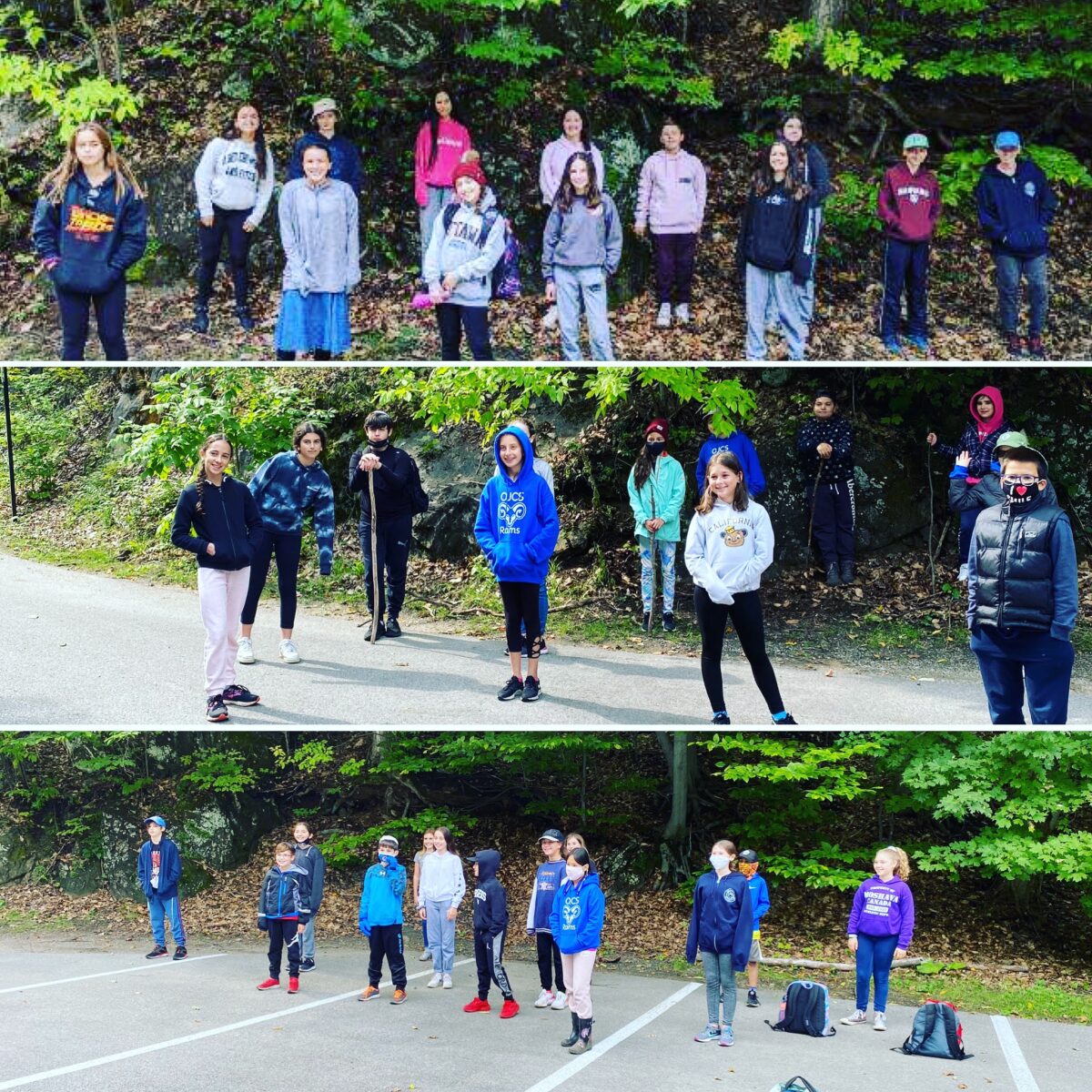

 that this is the year we’ve been waiting for. To all the teachers, staff, parents, students, donors, supporters, and friends in this special school- thank you for your enthusiasm and your hard work. Let’s make sure that 5781 is not only an amazing year, but a safe one at that.
that this is the year we’ve been waiting for. To all the teachers, staff, parents, students, donors, supporters, and friends in this special school- thank you for your enthusiasm and your hard work. Let’s make sure that 5781 is not only an amazing year, but a safe one at that.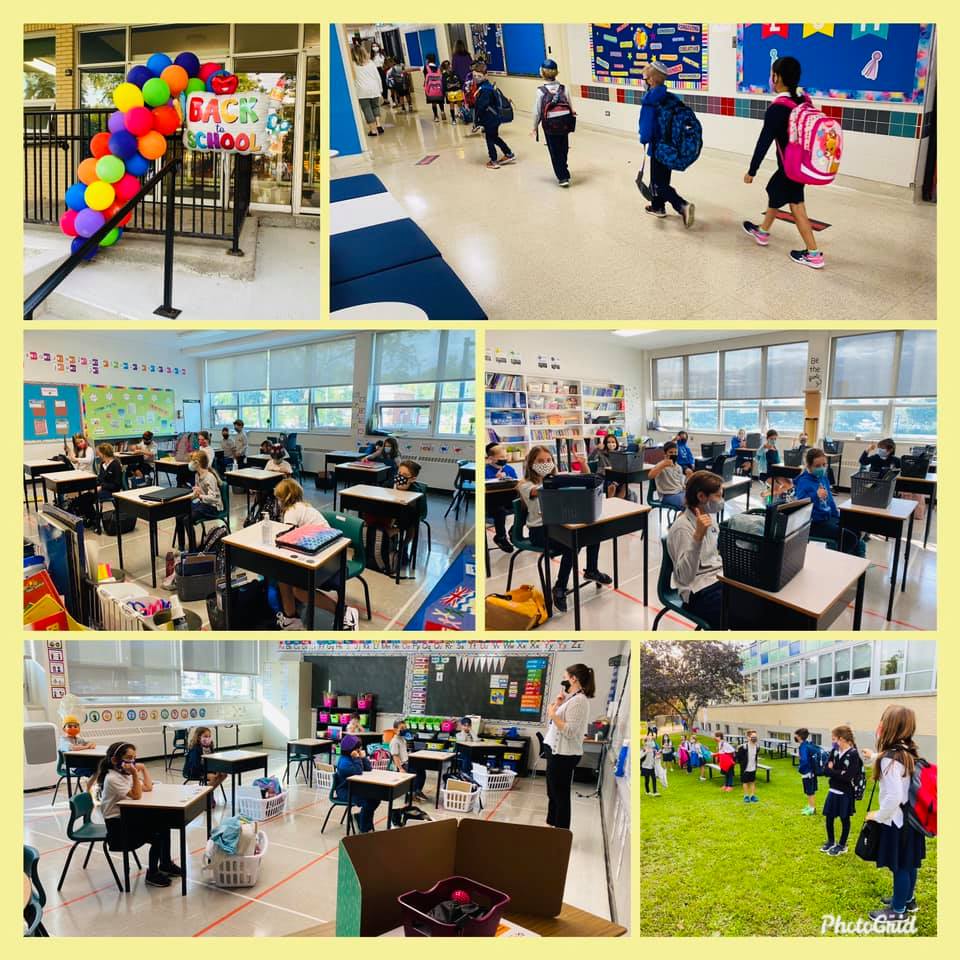
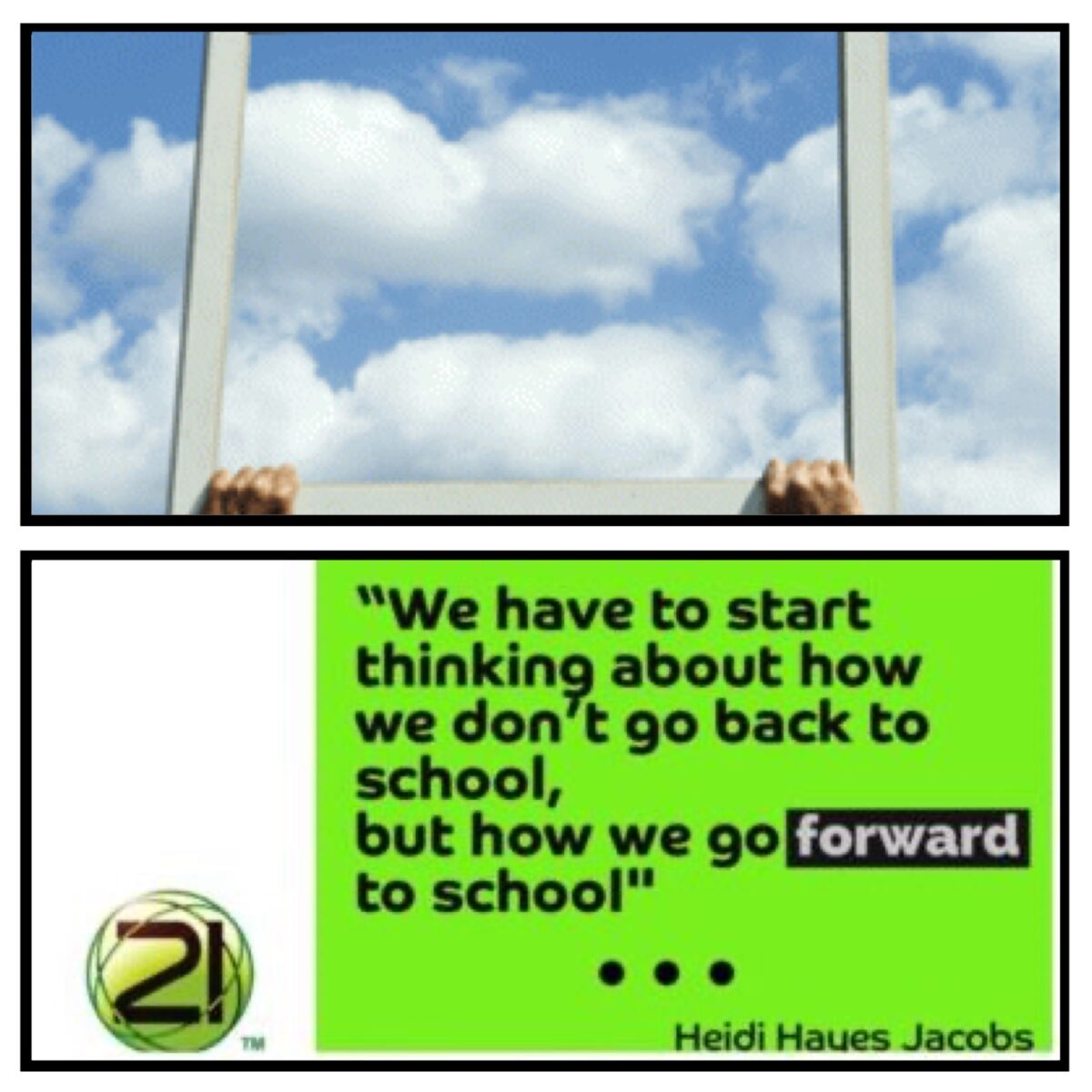
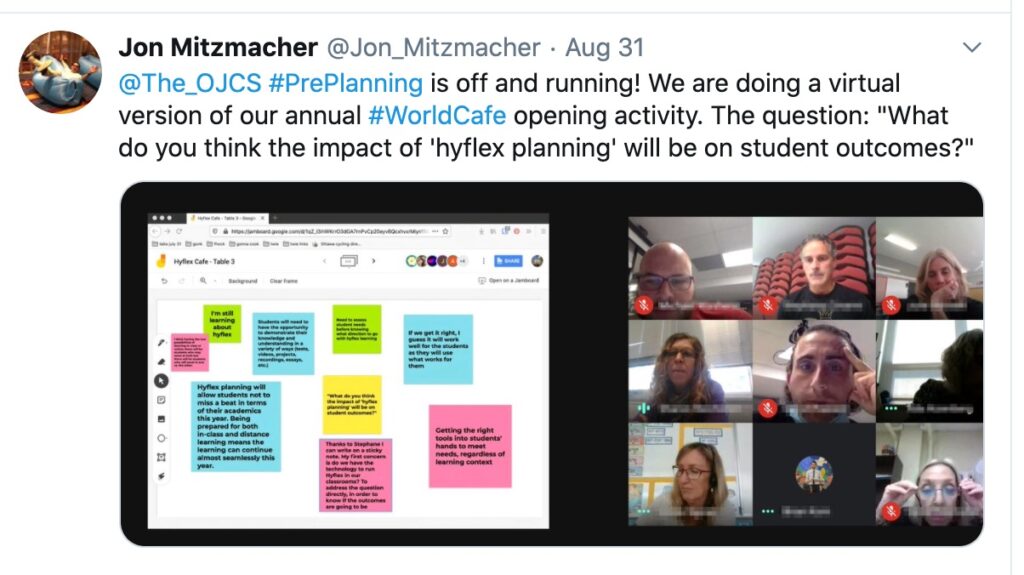
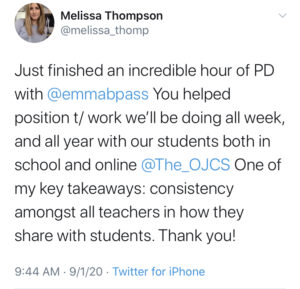
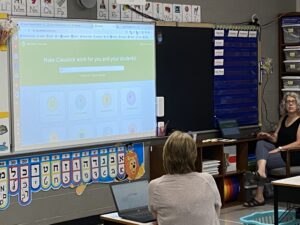 In this session, our Kitah Alef (Grade One) Jewish Studies Teacher Morah Ada shared about
In this session, our Kitah Alef (Grade One) Jewish Studies Teacher Morah Ada shared about 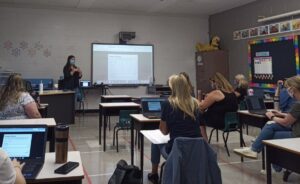 Flipgrid
Flipgrid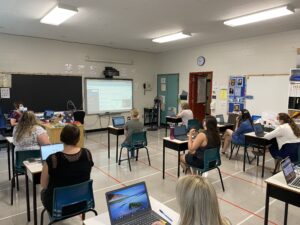 Nearpod
Nearpod